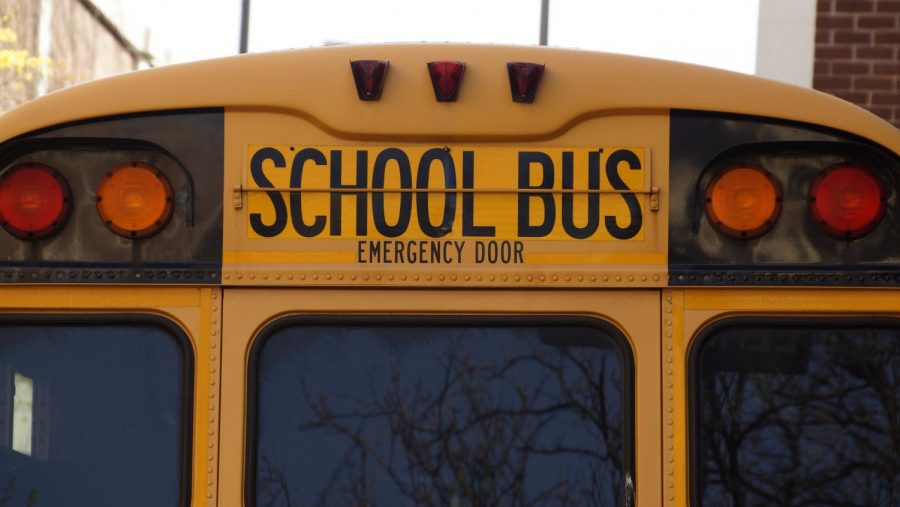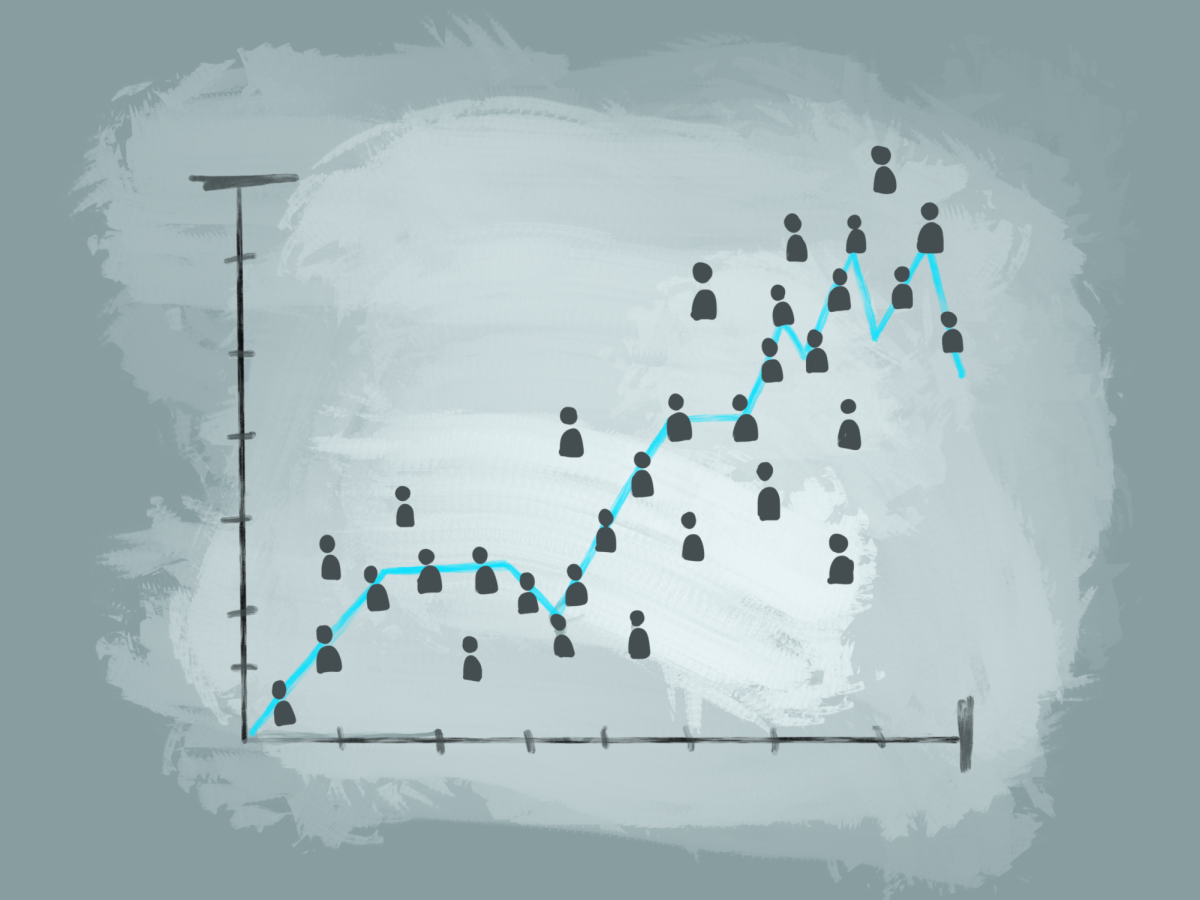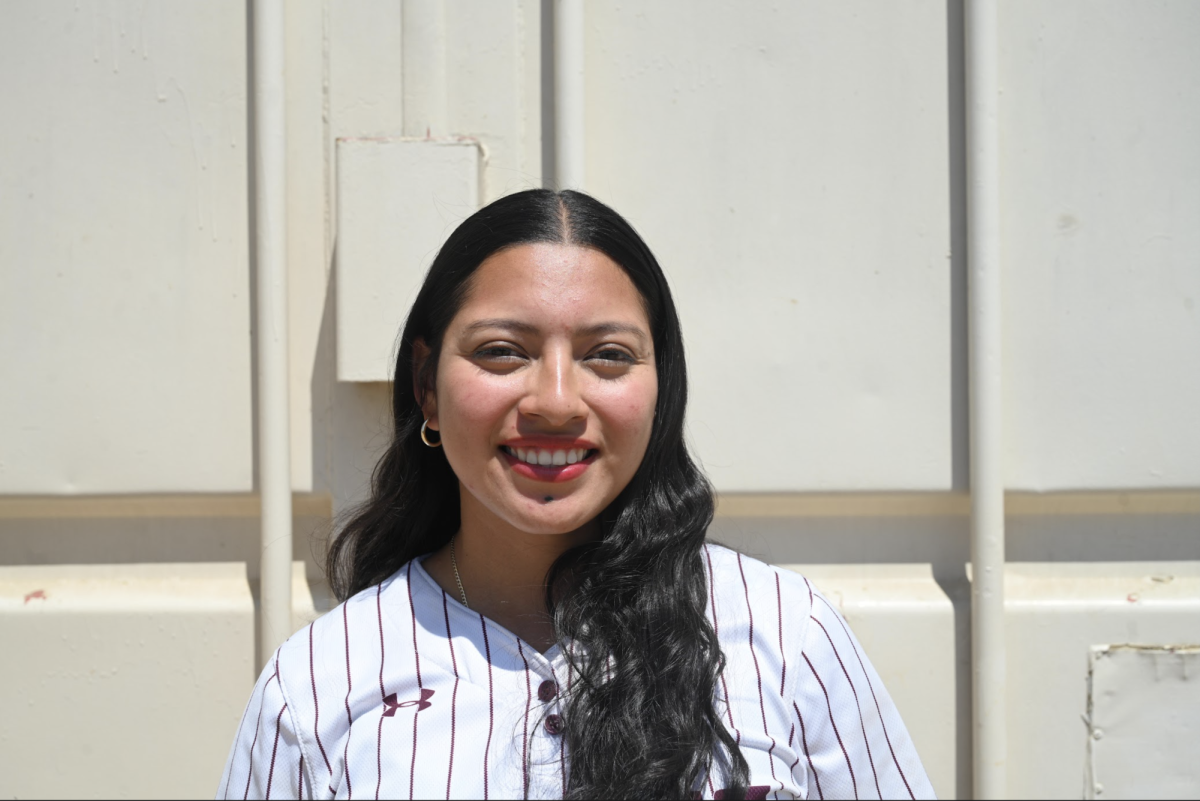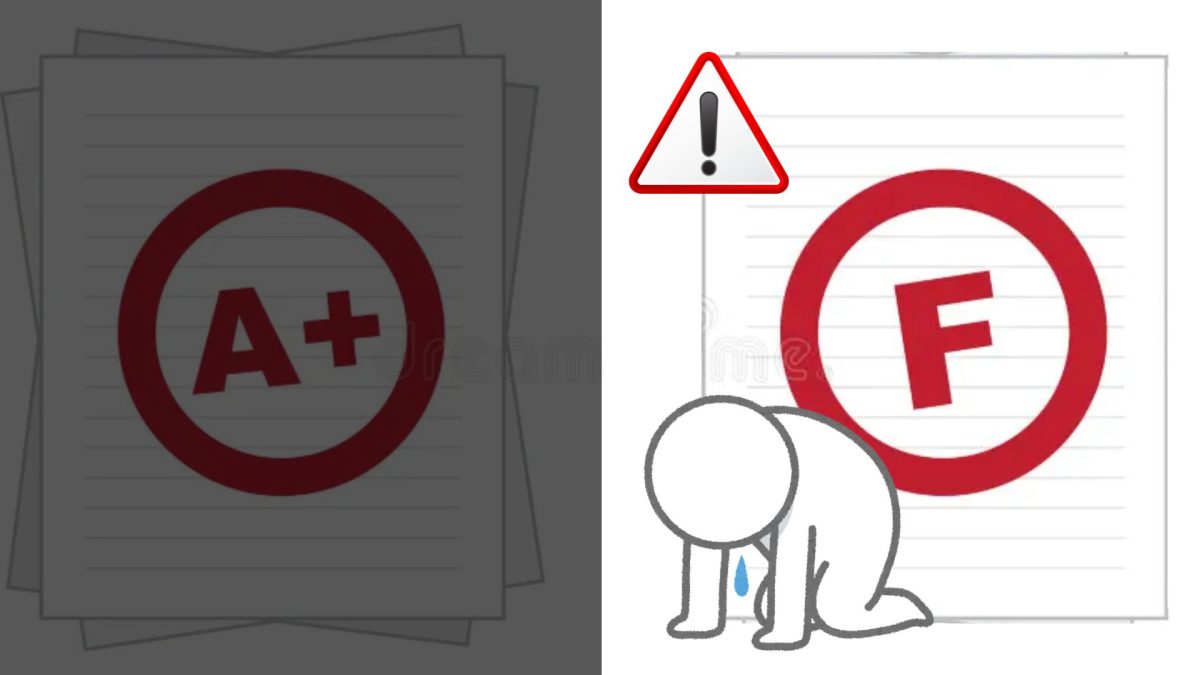New Law Will Require California High Schools to Start Later
Gov. Gavin Newsom signs SB 328 into law, mandating middle and high schools to start school at a later time.
With a later start time, buses will have to change their routes to accommodate with the new schedule.
Oct 15, 2019
Many California schools will push back start times after Gov. Gavin Newsom signed legislation Sunday that requires public middle schools to begin classes at 8:00 am or later while high schools to begin no earlier than 8:30 am.
With Senate Bill 328, California becomes the first state in the nation to require later start times.
The law will be implemented by the beginning of the 2022-23 school year or when a school’s three-year bargaining agreement with its employees come to an end, whichever comes first.
Mr. Robert Crosby, a Union Representative from United Teachers of Los Angeles (UTLA), thinks that the collective bargaining agreement will remain unaffected.
“The collective bargaining agreement does not have a time in it. Physically in the contract, times are not mentioned. We have a six hour workday and it doesn’t matter when that six hour starts. ” said Union Representative Mr. Robert Crosby.
The proposal is designed to improve educational outcomes by giving students more sleep.
The U.S. Department of Health and Human Services (HHS) found that sleep deprivation leads to increased risks of anxiety and depression, high blood pressure, obesity, heart disease, slow response time, lack of focus and irritability.
A study conducted by the Center for Applied Research and Educational Improvement (CAREI) found that later start times resulted in a significant decrease in absences and tardiness in grades 9-12 and an increase in grade point average in 1st period classes.
“Summer school starts later, but there are still students late. If you’re a late person, you’re going to be late no matter what,” says Principal Yolanda Gardea. “It’s not going to fix the lateness necessarily, but it is hard to say so we are going to live through it and see what happens.”
Principal Gardea is hopeful that students’ grades will improve.
“Time will tell and we will see if grades are better,” she says.
An analysis of the data from the national Youth Risk Behavior Survey revealed that eight or more hours of sleep decreased cigarette, alcohol and marijuana use by eight percent to 14 percent. Depression also declined by nine to 11 percent.
Thus, the closer a school’s start time comes to enabling eight or more hours of sleep each school night, the greater the reduction in risky teen behaviors.
Psychiatric Social Worker Nayeli Gonzalez believes that although students will only have an extra 40 minutes of sleep, the outcomes will still be positive and reduce activities associated with risky teen behavior.
“The late start times is only a 40 minute difference so extracurriculars will start a little later and end a little later, but I think the outcomes will still be positive,” she says.
SB 328 exempts “zero periods” and schools in the state’s rural districts.
“Now zero period can start at 7:40 and go to 8:30 which is much more reasonable for kids,” says Principal Gardea. “It could give us a little more space and the teachers who really like getting up early can start early and go to the regular time.”
Many P.E. teachers will add more zero period classes for students willing to attend the earlier period.
“P.E. teachers are planning on adding zero period classes for students who want to come a little earlier,” says Mr. Becerra.
Despite this, the law has met some opposition.
With this change, bus routes would have to be rearranged to accomodate for both elementary school students, whose schedule would remain, and middle and high school students, whose schedules would be pushed later. This change can result in more expenses for school districts.
A push in start times can also pose a problem for parents dropping off students, with later start times possibly interfering with their work schedules.
“Parents are going to have to find transportation for their kids for the later time since not all parents start at 8:30,” says physical education teacher Mr. Alejandro Becerra.
He worries that students will be unsupervised longer in the mornings before school starts.
It may also result in later dismissals for students participating in after-school activities.
“Sport teams will start at a later time,” says Mr. Becerra.
Science teacher Ms. Peggy Shim also expressed similar concerns.
“The students will have to stay longer for after school activities, so they will not have enough time for homework and studying.”
Mr. Becerra plans on overcoming this obstacle by having his sport team practice in the mornings.
“Our cross country team will have morning practice.”
Conversely, freshman Mariam Tadevosyan, a student who will be affected by the later start times in her senior year, believes it can improve students’ performance despite having to leave school earlier.
“I think it would be better because students will be more awake and have more energy to learn and participate in class,” Tadevosyan says.
Former Gov. Jerry Brown expressed his opposition when he vetoed the same bill last year on Sept. 2018.
He argued against a “one-size-fits-all” approach towards school start times. He believes that the time for schools to start should be determined at the local level–that is by individual schools and school districts in California.
Nevertheless, supporters of the bill celebrate the bill’s passing, seeing it as a kickstart of a nationwide movement to push school start times.
Start School Later, a non-profit organization advocating for later start times, released a press statement celebrating the bill’s passing.
“States across the nation should now feel empowered to follow California’s lead,” said Terra Ziporyn Snider, PhD, Start School Later’s Executive Director and Co-Founder.









